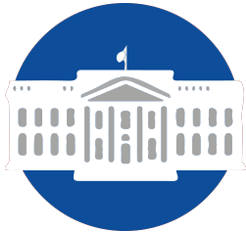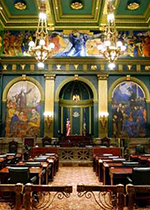The Power of Your Vote
Voting is the constitutional right of every U.S. Citizen. Your vote does make a difference in the national, state and local government. But at election time, with so many people running for political office it’s easy to get confused. Here’s a look at how all three levels of government represent you.
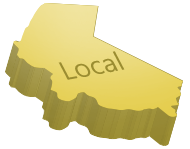
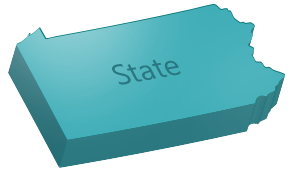
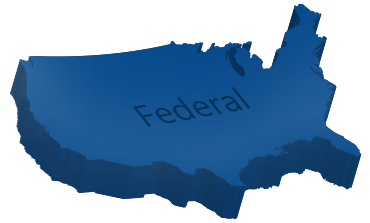
Local Government
County, City, Borough or Township

For local government, voters elect commissioners, mayors, council members, and supervisors among others, to create and administer laws and ordinances for their counties, cities, boroughs, and townships. For example, local governments build and maintain roads that are not part of the federal or state highway systems.
The federal government makes laws that affect our entire nation. For example, the nationwide interstate highway systems are the ongoing responsibility of the federal government.
State Government
Harrisburg, PA
For state office, Pennsylvanians elect officials to all three branches of government. For the legislature, voters elect 50 State Senators and 203 State Representatives to serve in the General Assembly. For the executive branch, voters elect the Governor, Lieutenant Governor, Treasurer, and Auditor General. Judges for Pennsylvania’s courts are also elected.

State government concerns itself with issues specific to state residents.
Federal Government
Washington, D.C.
For federal office, voters elect the President of the United States and the 100 Senators and the 435 Representatives of the U.S. Congress. Pennsylvanians elect two of those Senators and, based on the state’s population, 19 Representatives.
The federal government makes laws that affect our entire nation. For example, the nationwide interstate highway systems are the ongoing responsibility of the federal government.




